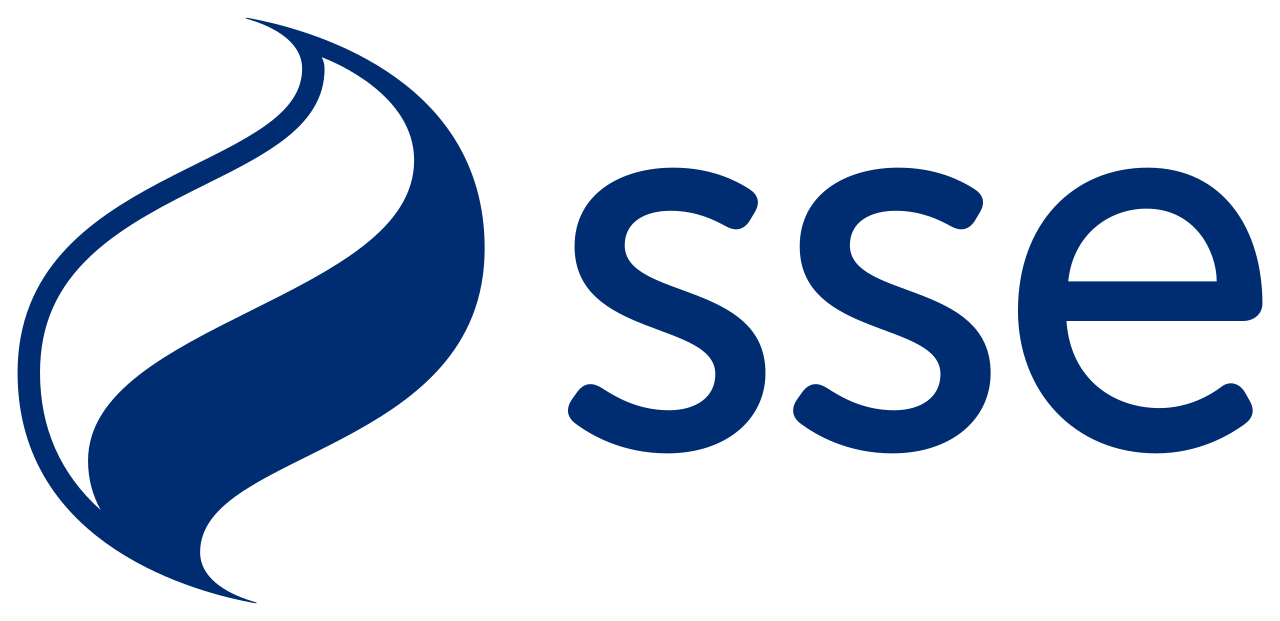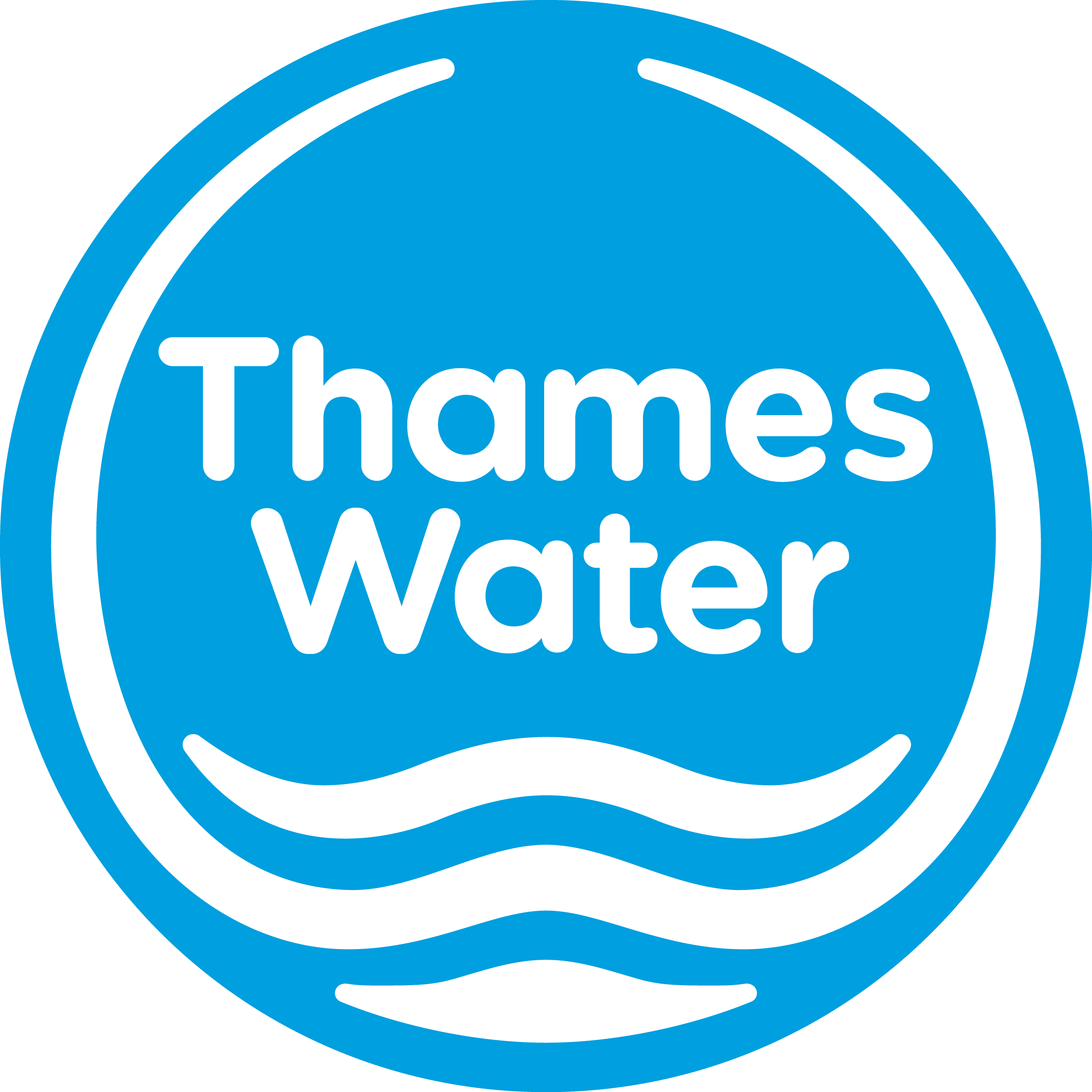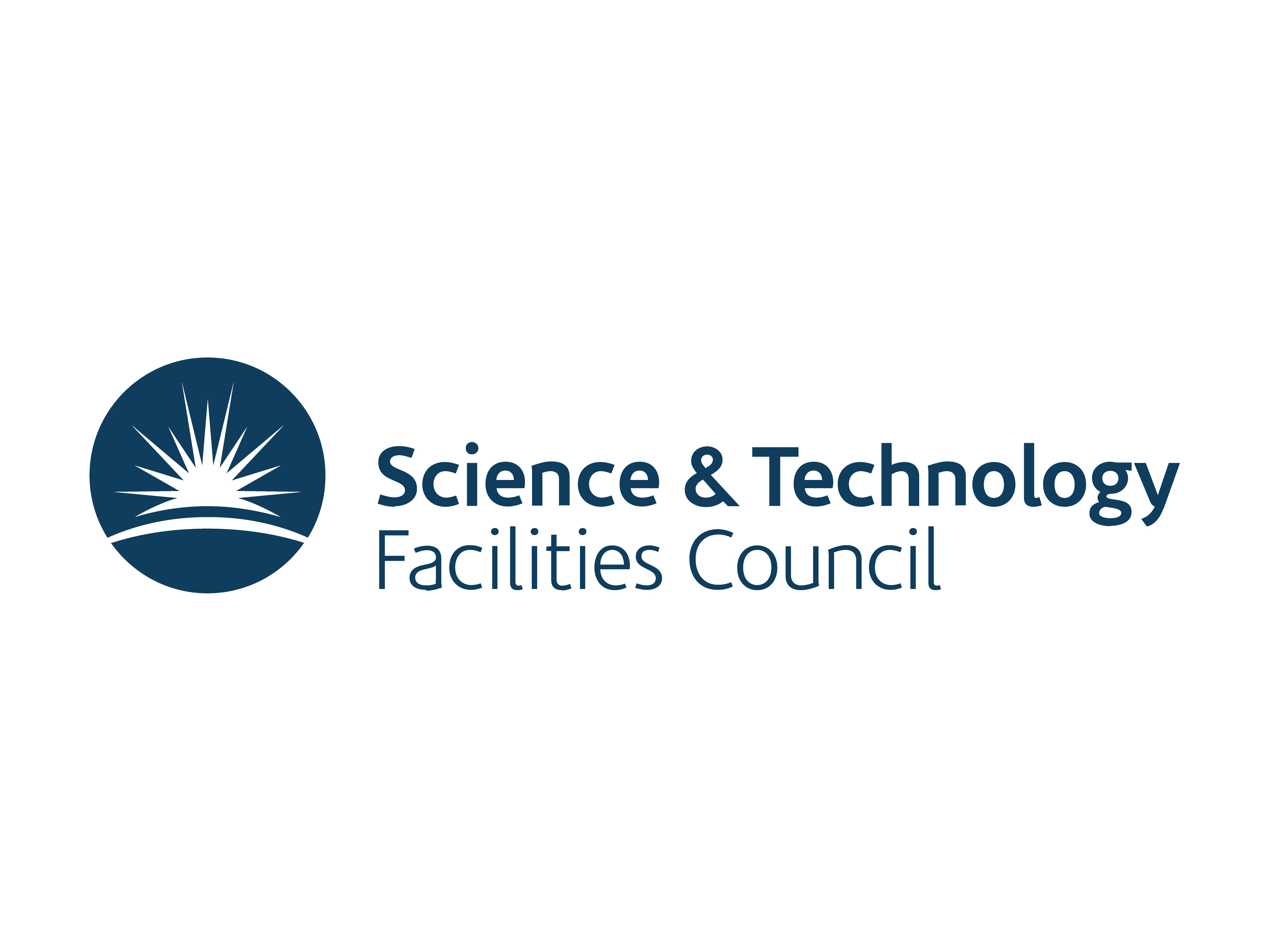A Level Physics
What does this qualification cover?
Physics trains your brain to think beyond boundaries. It combines practical skill with the theoretical ideas behind them. It will show you how separate GCSE topics such as forces, waves, electricity and magnetism are all interconnected.
You will study six modules over the two years of the course. Module 1 consists of practical skills which are integrated throughout modules two to six and you will build up a portfolio of evidence that you have achieved competency in a series of practical, researching and reporting skills. Knowledge of these experimental procedures and practical skills will also be assessed through examination.
What’s included?
The content is in six modules:
Module 1: Development of practical skills in physics
Module 2: Foundations in physics
Module 3: Forces and motion
Module 4: Electrons, waves and photons
Module 5: Newtonian world and astrophysics
Module 6: Particles and medical physics
A Level Physics Assessment
| Component | Marks | Duration | Weighting | insert text |
| Modelling physics (01) | 100 | 2 hours 15 mins | 37% | Assesses content from modules 1, 2, 3 and 5 |
| Exploring physics (02) | 100 | 2 hours 15 mins | 37% | Assesses content from modules 1, 2, 4 and 6 |
| Unified physics (03) | 70 | 1 hour 30 mins | 26% | Assesses content from all modules (1 to 6) |
| Practical endorsement in physics (04) | – | – | – | Non-exam assessment |
Key Features
A Level physics is essential for access to physics and engineering courses. Developing transferable skills that are useful outside of scientific study and directly applicable to the world of work including:
- Investigative skills
- Problem solving
- Research
- Decision making
- Mathematical skills
- Analytical skills
- Communication skills
The practical endorsement aspect allows students to become competent in following procedures, investigative approaches using a range of scientific instruments and equipment, working safely, making and recording observations and researching, referencing and reporting.
Links to workplace
Gaining A Level physics can also be useful in the fields of:
- Sciences
- Medicine
- Engineering
- Cosmology
- Computing industry
- Geology
It is also a highly regarded qualification in careers as diverse as architecture, management, law, banking and finance.
APPLY FOR
Year 10
APPLY FOR
Year 12
















